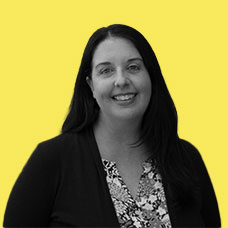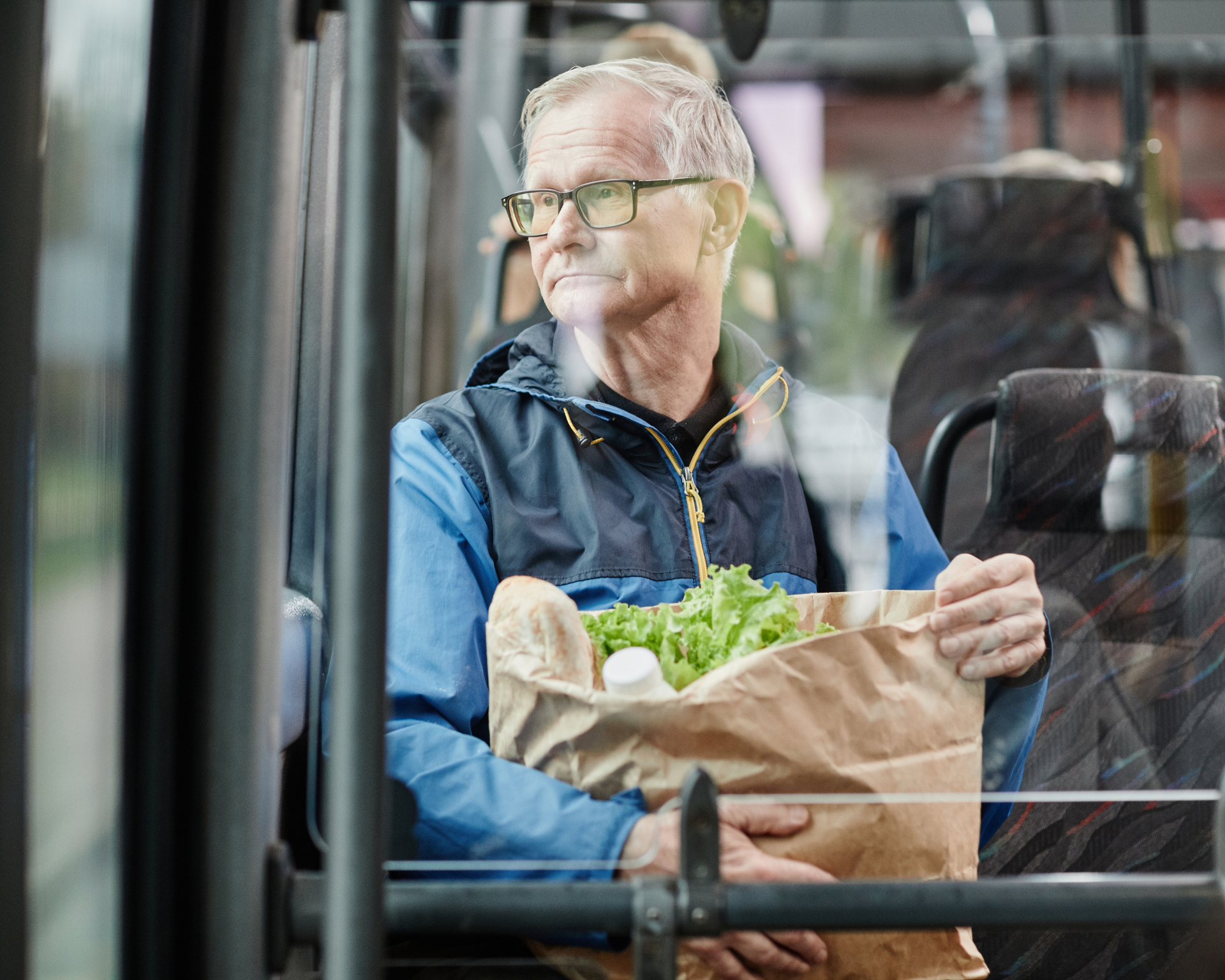Samantha Menard
Brookline health inspector Samantha Menard has been on the job for about three years, adapting to an often changing local public health role.

Read Time: 4 minutes
Published:
Brookline health inspector Samantha Menard has been on the job for about three years, adapting to an often changing local public health role.
When public health inspector Samantha Menard first started her job three years ago, what surprised her most were the shades of gray that come with the territory.
She knew she would be enforcing the food code in restaurants, minimum standards of living in homes, summer camp safety requirements and investigating environmental health issues. But often the work isn’t black and white.
“I think there’s always a line you walk between having compassion for the people in the situation, and then knowing you need to fairly enforce the standards,” said Menard.
Menard (SPH ’18) began as an environmental health inspector in Newton just after finishing her MPH focusing on epidemiology and biostatistics. Shortly before the pandemic, she moved to the Brookline Public Health Department where she now works.
“And now three years in full-time, it gets a lot easier– or at least you start to recognize what’s an actual really serious situation that needs immediate action, what can wait a little longer, what you can compromise on. Confidence has gone way up just from experiencing different situations.”
The pandemic changed Menard’s responsibilities when she was pulled into contact tracing, vaccine clinics and helping businesses and residents navigate the ever changing Covid-19 guidelines. There are stories Menard says will stick with her.
“Cold calling people who might be really sick, or have sick family members, or who just didn’t want to talk to you; it was an experience and a half, very humbling. A lot of days were very stressful.”
Menard said she spoke often “just about life” with an older man whose wife was on hospice when both tested positive for Covid-19.
“I would call and check in with them weekly to see how her symptoms were, to see if she could ever officially be released from isolation. “The stress of calling and just hoping she didn’t pass away was a really emotional experience. In the end she made it through and she recovered well from her symptoms.”
Menard described the wild challenge of interpreting new standards, figuring out where the gaps and inconsistencies and managing those uncertainties.
“Within a month, I was working a completely different job than what I had worked the previous year.”
“Within a month, I was working a completely different job than what I had worked the previous year. It was kind of crazy because everyone was just finding out things in real time. The Governor would announce something to the public as a new standard and, us, as local health officials, would be finding out at the same time and then going right out and enforcing it.”
The work was after-hours, weekends, and hard to separate from when your home is also your temporary office.
“Everything felt so time sensitive,” she said. “When you didn’t get to something, you had anxiety about it that night because you were like what if this happens because I didn’t call this person today?”
She picked up a few new stress relief hobbies – puzzles, and coloring, and invested in a calming fish tank. And she’s looking forward to someday taking a long-postponed European vacation.
Eventually, Menard will return to what consumed her days prior to the pandemic. And while making an impact on big-picture public health concerns – like climate change – at the local level is difficult, sometimes the smaller things can make a big difference.
“I’m a huge believer in changes that are done locally can spread and are, on a microlevel, more important than national regulation change,” she said. “We’re big on plastic bans and banning polystyrene, banning straws, things like that. So, in that sense, I do get to do a little bit with climate change, but not as much as I would like.”
Menard has advice for those interested in local public health as a career.
“I think if you have any interest, go intern at a local health department; that’s what I did. I didn’t even know this type of job existed or if it was something I’d be interested in. I think that’s the best way you’re going to get a grasp on the amount of stuff that happens at the local level and whether you want to be involved in that.”
“I love being out in the community and not at a desk all day,” Menard said. “The job is so interesting–you will never be bored as a Massachusetts local inspector. Everything is so different, you have a new situation every single day forever.”
This article is part of an occasional series profiling local public health professionals in Massachusetts. This series will ask the people who led their communities through the pandemic their lessons learned with an eye toward what’s next for local public health departments.
Photo provided by Samantha Menard



